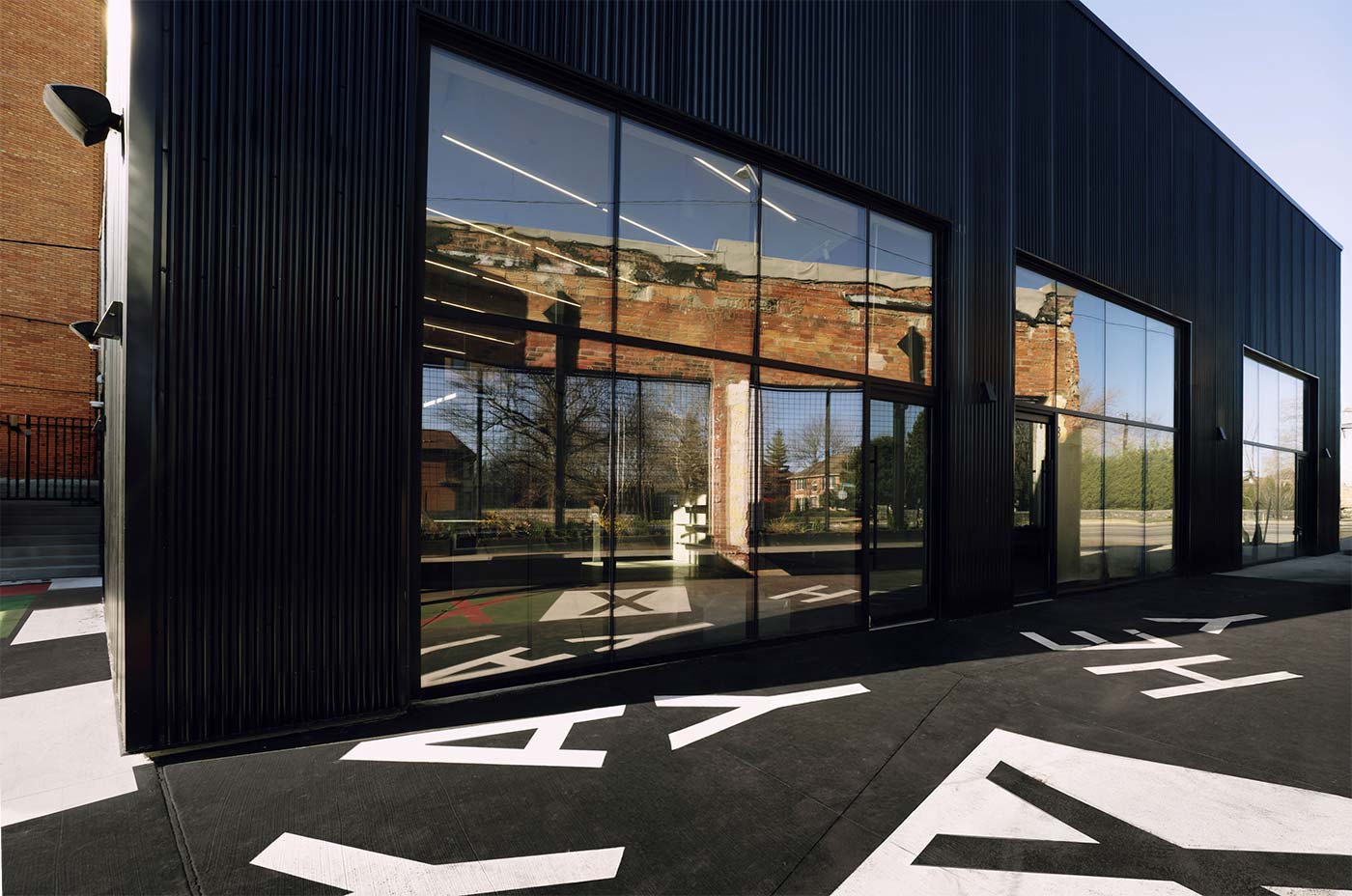Detroit News discusses real estate report unveiled at UM/ULI forum
The Urban Land Institute economic forecast for 2010 was released at the 23rd Annual University of Michigan/Urban Land Institute Real Estate Forum, Nov. 11 and 12. The Detroit News published an article that summarized the report’s outlook for the coming year.
Taubman College is a partner in the UM/ULI forum, and offers a real estate certificate for those interested in land development.
The full article can be found here.
Report: Commercial property values to plunge
Metro Detroit ranks last among 50 major markets for anticipated development in sector
Louis Aguilar / The Detroit News
Commercial real estate — including shopping centers, office buildings and industrial property — will hit a low point in 2010 not seen since the Great Depression, according to a national survey of real estate executives.
Values and rents will plunge, and vacancies and defaults will soar across all types of commercial property before the market rebounds slowly, according to the survey and forecast compiled by the Urban Land Institute and PricewaterhouseCoopers LLC.
“2010 looks like an unavoidable bloodbath for a multitude of borrowers, investors and lenders,” the report said. “The shake-out period may extend several years as even some conservative owners with well-underwritten loans from the early 2000s see their equity destroyed.”
The annual report, released Wednesday at a University of Michigan real estate conference, is the gloomiest in its 31-year history.
Metro Detroit and the Rust Belt fare the worst, according to the study based on a survey of 900 real estate executives.
Detroit ranked dead last among 50 major markets for anticipated commercial investment and development.
Michigan will “have lots of foreclosures,” said Dennis Bernard of the Bernard Financial Group, the state’s largest commercial mortgage banking firm. “We have so many foreclosures of downtown office buildings already.
“What will happen next year is many banks will take control of those buildings and sell them at very low prices. And then you will have many businesses go into those buildings,” because of likely lower rent, said Bernard, who spoke at the Ann Arbor conference Wednesday.
The office vacancy rate in Metro Detroit is at 24.4 percent, according to Grubb & Ellis Co., a commercial real estate service firm.
The struggling auto industry is the main reason Metro Detroit fares the worst among all major markets. Says the report: “No one can sugarcoat how domestic manufacturers continue to relocate away from union-dominated areas in colder, northern interior locations and move to right-to-work, ‘more business friendly’ states in the Southeast.”
By the end of next year, the study predicts commercial real estate values nationwide will have fallen an average of 40 percent from their peak in mid-2007. That eclipses the 1990s savings-and-loan crisis.
Researchers blame the ongoing credit squeeze and cautious consumers for the poor outlook. Banks that have been holding off on foreclosing or restructuring debt will start to do so as they build up reserve funds with government capital, respondents predicted. More than $250 billion in commercial mortgage debt will come due next year, followed by higher amounts in 2011 and 2012, said the report.
The report expects owners will have trouble refinancing their commercial properties because lenders are curtailing credit, and falling real estate values mean an increasing number of properties are worth less than the debt owed on them. More than 88 percent of U.S. survey participants expect lending standards to be “very stringent.”
Retail and office properties are likely to undergo the most wrenching problems among commercial properties. While top-tier malls and shopping centers with grocery stores will still attract customers, many struggling malls in secondary markets will not survive, the survey predicts.
“It’s triage time with retail,” said Jonathon Miller, the report’s author. “A lot of people will give up on the weaker malls.”
And most real estate executives expect companies to continue delaying hiring while looking to shave occupancy costs and improve productivity.
Bernard says for the first time in 18 years, his firm spent more time on so-called workout situations, attempting to restructure loans that are headed for foreclosure or receiverships.
“We are one of the leaders in commercial foreclosure,” Bernard said.
But all the gloom does mean opportunities of a lifetime for investors with cash. “If you have the cash and the dollars to do deals, you’re going to do very, very well next year,” said Miller.
Apartments are likely to be the first sector to recover in sync with the economy, as young people who were forced to move back home seek their own places as they find jobs, the report said. Hotels also are in a position to rebound quicker as many expect pent-up corporate travel to increase.









